Ms. Nguyen Thi Bay (61 years old, living in An Thoi hamlet, Binh Thuy ward, Can Tho city) recalls that when she was young, she was like many other women in the West, got married, had children, and then mainly stayed at home to do housework and raise children. Only when she had time, or when someone hired her to do work that could be done at home, did Ms. Bay accept it, because she still had to take care of her children.
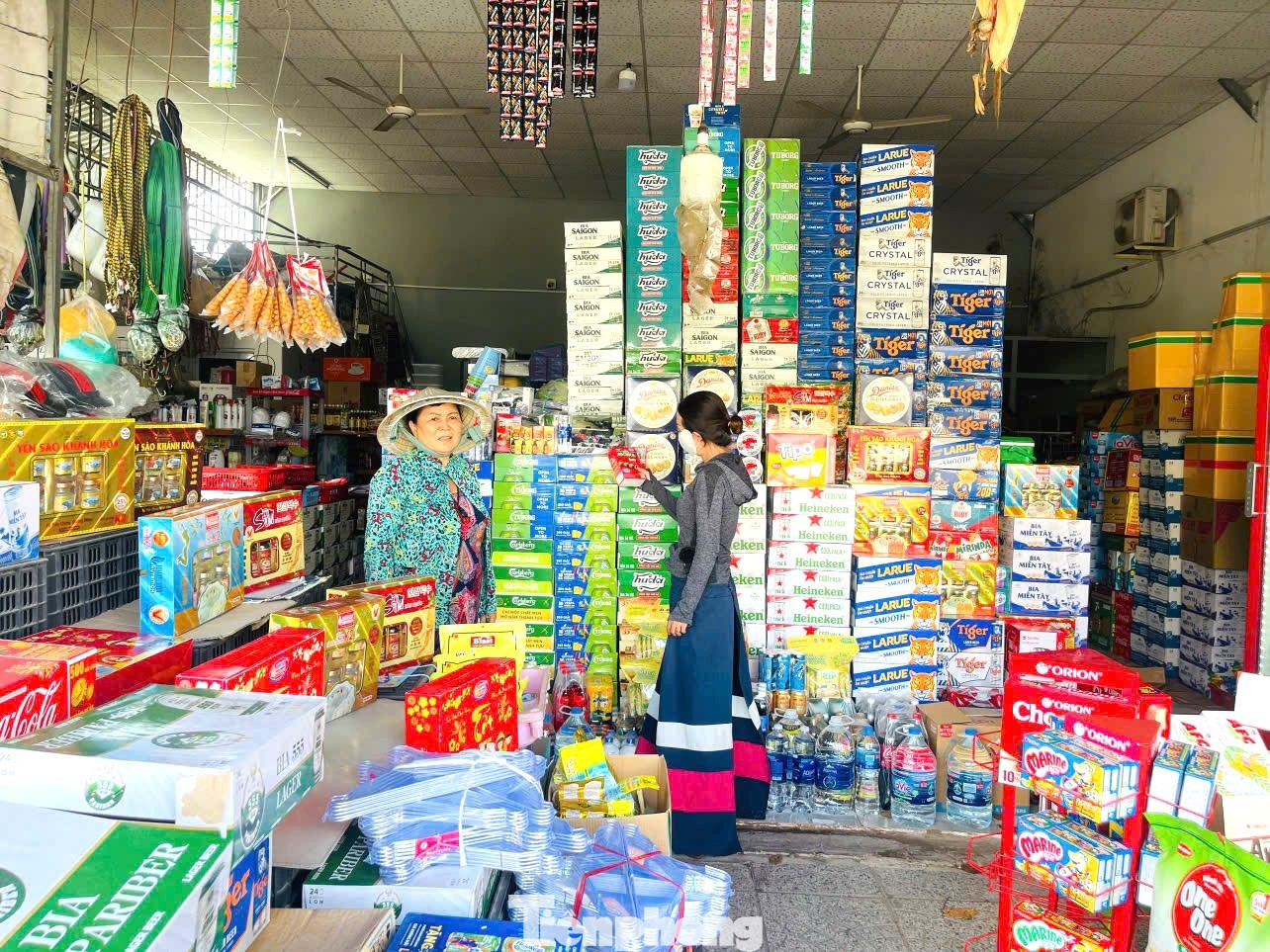
She recalled that after getting married, her husband's family gave her a small piece of land to build a thatched house to live in. The family had no land to produce, nor capital, so Ms. Bay's husband chose to work as an agricultural machinery broker. Only when he sold the machines did he have money, sometimes he couldn't sell them and had to go home empty-handed. Due to the nature of the machine selling job, Ms. Bay's husband often had to leave home, traveling to all the provinces in the West to sell machines. With an unstable income, for many years, Ms. Bay's family was listed as a poor household in the locality.
“Recalling those days, I still can’t hold back my tears. It was an indescribable misery in that simple thatched house. There were nights when the house leaked heavily, my husband was away, and I was the only one who stayed up all night to collect water and cover the leaks so that my two children could sleep peacefully. During those sleepless nights, I always thought of finding a way to escape poverty and send my children to school,” Ms. Bay recalled.
The turning point for Mrs. Bay came in 2002-2003, through the local Women's Union, she was introduced to preferential capital for poor households from the Social Policy Bank to do business, develop the family economy , and help poor households escape poverty. Mrs. Bay discussed with her husband and children about using the frontage of the house to sell groceries, the advantage of being near a vocational college so there were many students, and borrowing capital for investment, just hoping to have more income to help her husband raise their children.
With an initial loan of only 50 million VND, Mrs. Bay opened a small grocery store - the beginning of her journey to household economics. Initially, she mainly aimed to serve students, and with little capital, Mrs. Bay only imported and sold products for students to cook, such as vegetables, fish sauce, dried foods, ice, etc. At that time, her two sons were also in their final years of high school, and after school hours, they helped their mother sell and deliver goods to customers' homes.
In just a few years, Ms. Bay paid off all her bank loans, and saved up capital to import other items. Her grocery store gradually expanded and grew bigger and bigger. Around 2015, the government expanded the road, and her family had to give up part of their land, so they were compensated. She used this money to repair and expand the store. When the number of customers stabilized, the amount of imported goods increased. Instead of just taking back other stores to sell, Ms. Bay's store had level 1 and 2 agents bring goods directly to her, send goods for sale and introduce products, so the price became more and more competitive.
Gradually, the grocery store became the family's main source of income, and the variety of goods became more and more diverse. After only a few years of selling groceries, Mrs. Bay's family escaped poverty and is now a well-off household in the area.
Not only is she capable and hard-working, Mrs. Bay also manages her business skillfully and has a good reputation with customers. Currently, Mrs. Bay's grocery store has been operating stably, with an average income of 13-15 million VND/month, helping her raise her children to adulthood and cover daily expenses, and helping her husband and children open a mechanical workshop specializing in agricultural machinery. Mrs. Bay's household economic model demonstrates the persistent journey of overcoming difficulties of a determined woman.
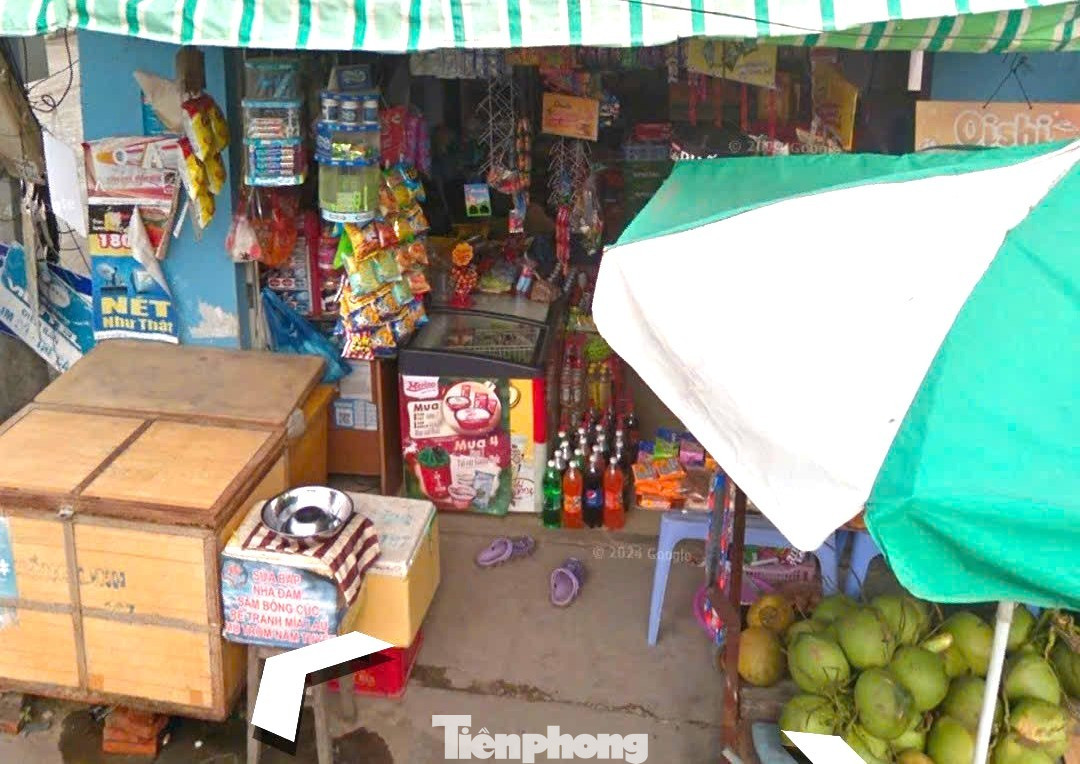
Now, Mrs. Bay’s eldest son has finished college with a degree in electrical engineering and is helping his father at the mechanical engineering facility. Her youngest son, who has finished school, is at home helping his mother run the grocery store.
Not only is Mrs. Bay good at economic development, she is also loved by everyone for her enthusiasm, sincerity, openness and willingness to help others. When a family in need comes to her for help, she is always willing to support them, sometimes helping them for free with a few kilos of rice, a few eggs, or giving them credit for goods. "Seeing them struggling and facing difficulties like I did in the past, I don't regret helping them in any way, as long as it helps them have less difficulties and a chance to escape poverty like me," Mrs. Bay confided.
Looking at the bright smile on Mrs. Nguyen Thi Bay’s face in the family grocery store today, few people can imagine the hardships she and her family endured more than 20 years ago. It was a long journey filled with sweat, tears, worries about making a living, and struggles to escape poverty. Mrs. Bay’s example of overcoming poverty further affirms the practical effectiveness of preferential credit policies for poor households, giving them opportunities to change their lives and the role of women in developing the family economy and contributing to society.

Many households in Ha Tinh escaped poverty by growing a type of tree on barren land.

Livestock model helps Mong people escape poverty

The model of raising native chickens helps people escape poverty sustainably
Source: https://tienphong.vn/vuon-len-thoat-ngheo-tu-von-vay-uu-dai-cua-ngan-hang-chinh-sach-xa-hoi-post1768525.tpo



![[Photo] General Secretary To Lam attends the 80th anniversary of Vietnam's diplomacy](https://vphoto.vietnam.vn/thumb/1200x675/vietnam/resource/IMAGE/2025/8/25/3dc715efdbf74937b6fe8072bac5cb30)
















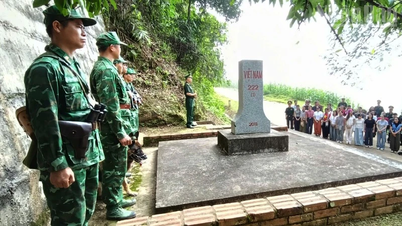





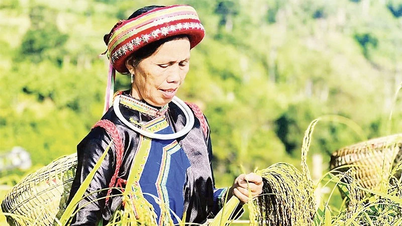




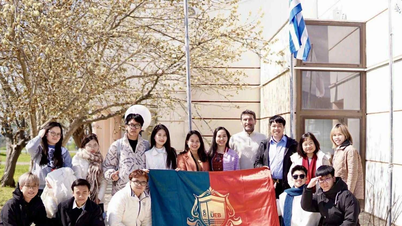



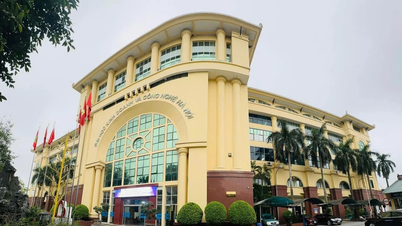




























![[E-Magazine] Petrovietnam – Strong steps to realize the “Epochal Transformation”](https://vphoto.vietnam.vn/thumb/402x226/vietnam/resource/IMAGE/2025/8/25/e745baade70f4e1e96f5314f65eac658)















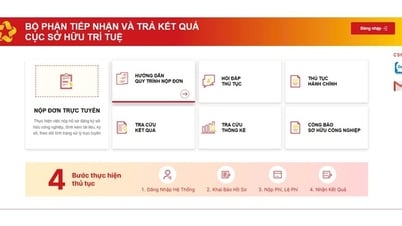

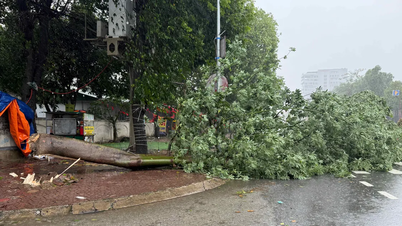

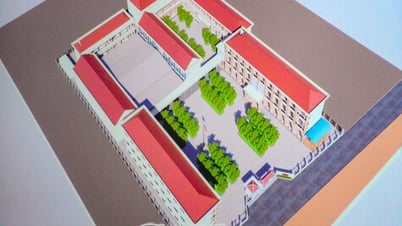






















Comment (0)